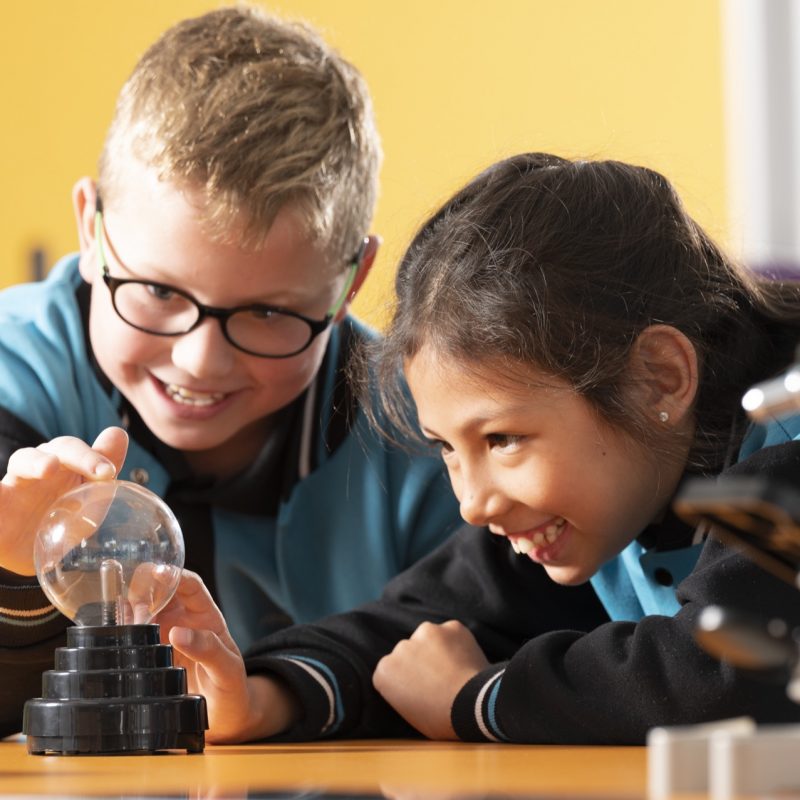
The Zones of Regulation
Is a framework for teaching students to build an awareness of their emotional state of being. Students learn the emotional states associated with optimal learning, and how to move between different emotional states depending on need and context. Students identify triggers for certain emotions and behaviours, and develop a tool box of personal strategies for calming and regulating their emotions.
The Zones of Regulation is used as an overarching wellbeing tool throughout the school, providing a common language for teachers to use with all students, throughout the school day, to support and promote positive mental health.
Visual tools in the classroom and regular whole class or 1:1 teacher check-ins using the Zones of Regulation allow for regular monitoring of student wellbeing, ensuring wellbeing and mental health concerns are quickly identified, handled with compassion and understanding, and provided with the necessary supports.
Lunchtime Activities
Students requiring quiet spaces, reduced sensory input or support with building social skills, have access to the Lunchtime Actiivites program run in the library during lunchtimes. Students are referred by teachers according to need, and in consultation with parents and allied health professionals.
Students are supervised and supported by Education Support staff, who encourage and promote positive interactions and confidence building while the students engage in game play.
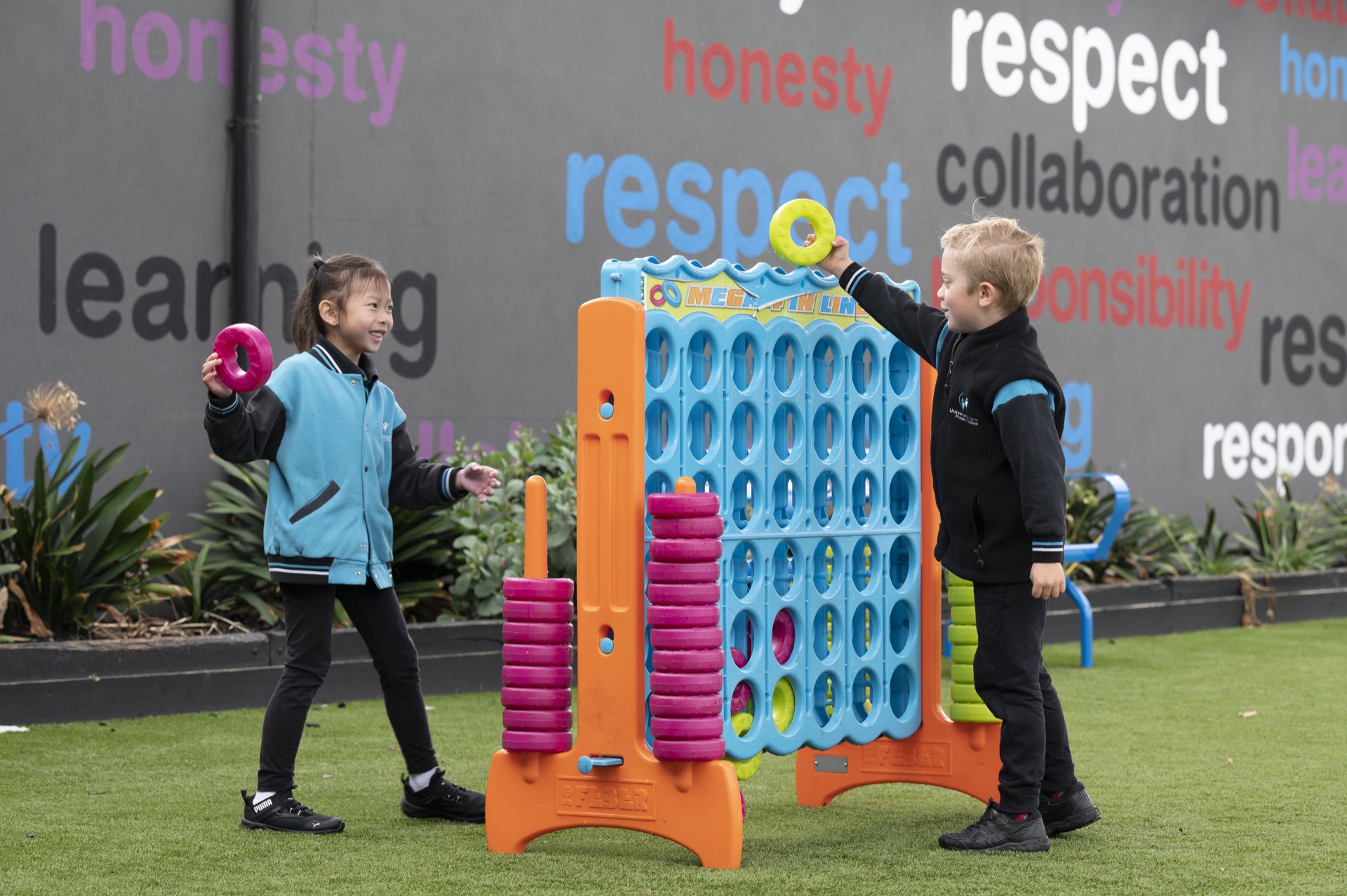
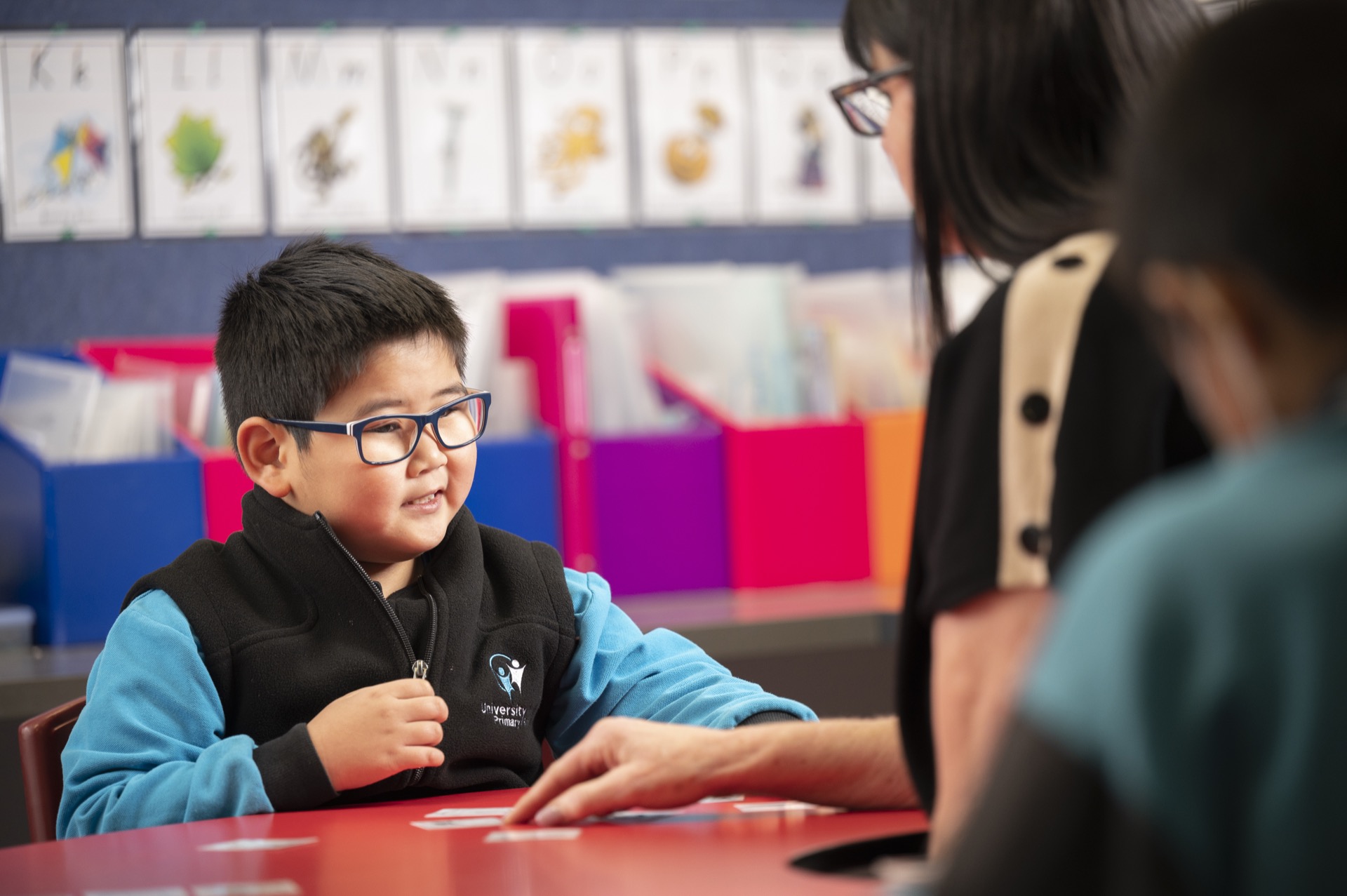
Social Skills Groups
Targetted social skills groups are established according to need for students requiring additional targetted intervention to support the development of skills such as turn taking, fair game play, understanding facial expressions and body language.
These groups may be established in response to student needs, through a referral from teachers, or in consultation with parents and allied health recommendations at SSG meetings. Groups may run as a Bluearth session focussed on physical challenges which develop positive peer interactions, resilience and mindfulness; cooking or gardening groups using the Stephanie Alexander Kitchen Garden facilities; or games based groups to support an understanding of following rules, turn taking and being a good sport.
Student Support Services
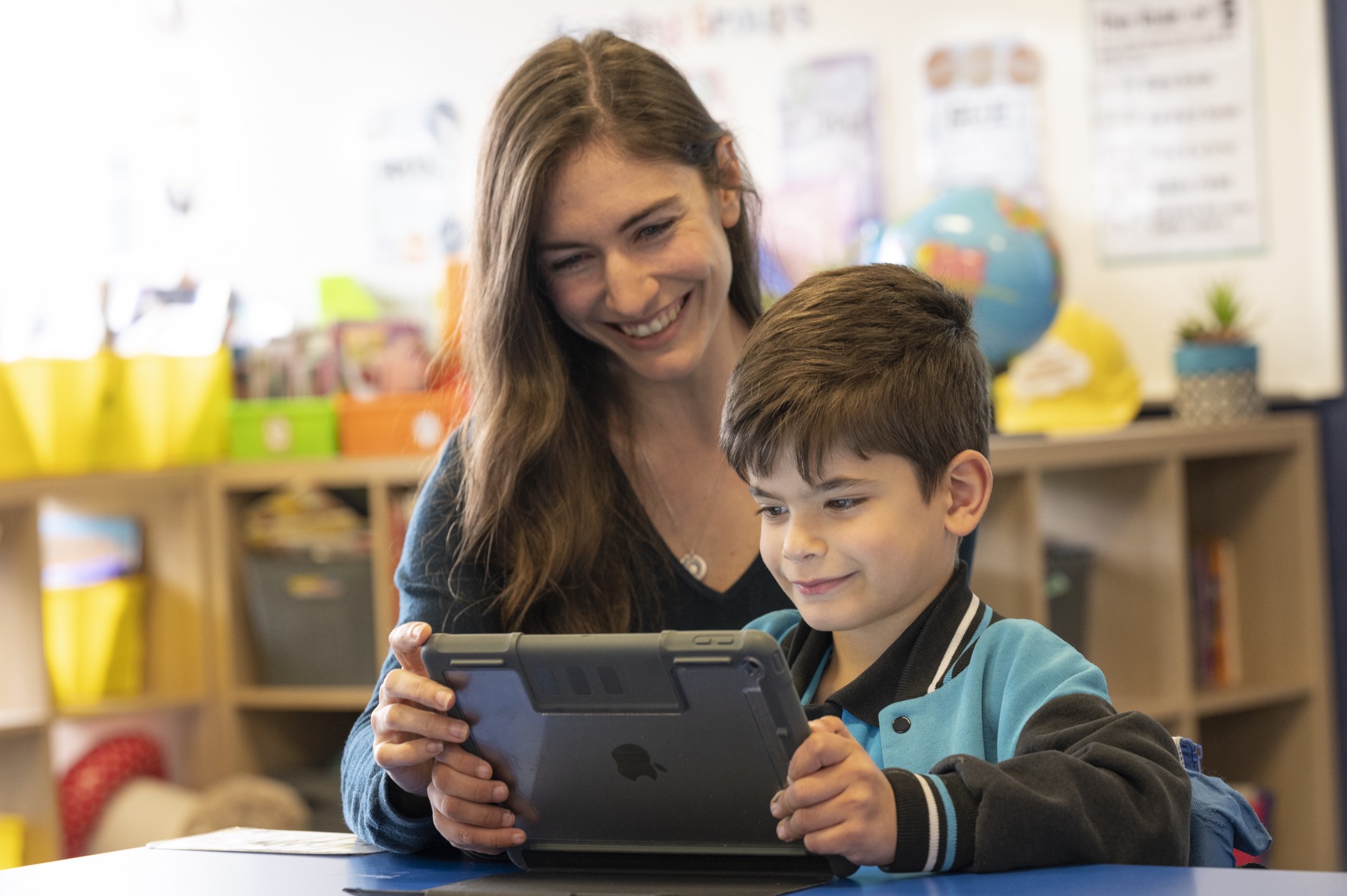
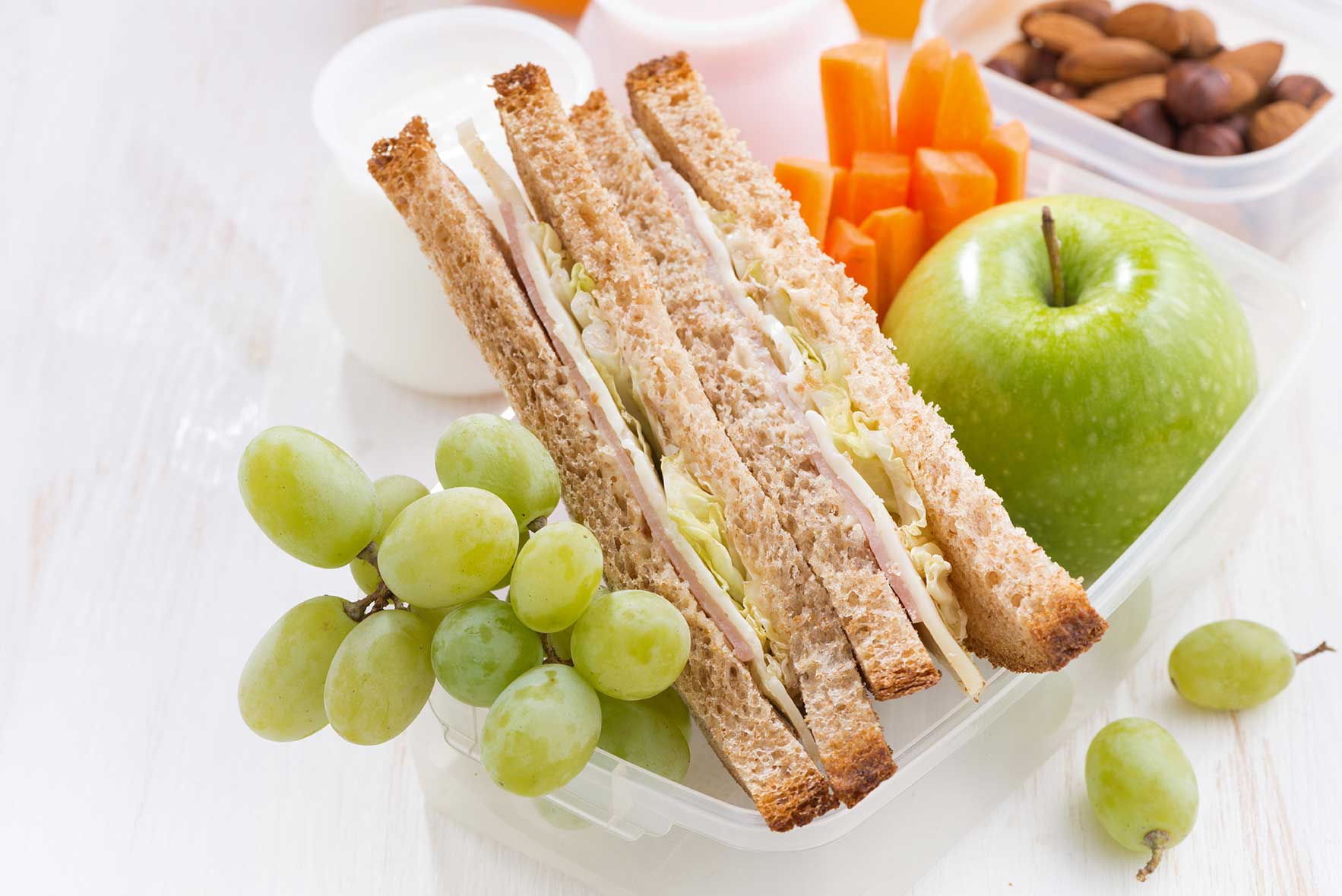
Breakfast Club
All students have the right to access healthy and nourishing food, to support their ability to concentrate in class, self regulate and participate in learning. UPPS Breakfast Club provides free and healthy breakfast foods to students from eligible families, minimising the impact of disadvantage on learning outcomes.
Breakfast Club currently operates as a ‘Grab and Go’ program, daily from the Stephanie Alexander Kitchen Dining Room between 8:30am and 8:40am. Children of families who hold a Pension or Health Care Card are eligible to attend Breakfast Club, and can register by contacting the office on 9366 1356.
